- Your cart is empty
- Continue Shopping

Product
Introduction: Fulvenat, featuring the active substance Fulvestrant, is a crucial medication in the management of hormone receptor-positive breast cancer. As a selective estrogen receptor degrader (SERD), Fulvestrant offers a targeted approach to treat advanced breast cancer in postmenopausal women whose tumors depend on estrogen for growth.
Mechanism of Action: Fulvestrant acts by binding to the estrogen receptors on cancer cells, resulting in their degradation. Unlike selective estrogen receptor modulators (SERMs), which block estrogen receptors, Fulvestrant takes a unique approach by downregulating and eliminating these receptors. By doing so, Fulvenat inhibits the signaling pathways that fuel the growth of hormone receptor-positive breast cancer cells.
Clinical Applications: Fulvenat is primarily used in the treatment of:
- Advanced or Metastatic Breast Cancer: Fulvestrant is indicated for postmenopausal women with hormone receptor-positive, HER2-negative advanced breast cancer or metastatic breast cancer. It may be prescribed as monotherapy or in combination with other targeted therapies.
- Progression After Antiestrogen Therapy: Fulvenat is often considered in cases where breast cancer has progressed following antiestrogen therapy.
Administration and Dosage: Fulvenat is administered as an intramuscular injection and is typically given once a month. The dosage may vary based on the specific treatment plan prescribed by the healthcare provider. The injections are commonly administered in the buttocks, providing a convenient and well-tolerated mode of administration.
Considerations and Side Effects: While Fulvenat is generally well-tolerated, it is important to consider potential side effects and monitor patients closely. Common side effects may include injection site reactions, nausea, and fatigue. Rare but serious side effects may include liver problems and allergic reactions. Regular medical follow-ups are crucial to assess the treatment’s efficacy and manage any potential complications.
Clinical Trials and Efficacy: The approval of Fulvenat was supported by clinical trials such as the CONFIRM trial, which demonstrated the efficacy and safety of Fulvestrant in postmenopausal women with advanced breast cancer. These trials showed a significant improvement in progression-free survival and overall survival, establishing Fulvestrant as a valuable option in the armamentarium against hormone receptor-positive breast cancer.
Impact on Patients’ Lives: For many women diagnosed with hormone receptor-positive breast cancer, Fulvenat represents a beacon of hope. Its targeted mechanism of action and proven efficacy contribute to improved outcomes and quality of life. By inhibiting the estrogen receptor signaling pathway, Fulvenat plays a pivotal role in managing advanced breast cancer and offering patients a treatment option that addresses the specific characteristics of their cancer.
Conclusion: Fulvenat, powered by the active substance Fulvestrant, stands as a testament to the progress in breast cancer therapeutics. Its unique mechanism of action and demonstrated efficacy have positioned it as a key player in the comprehensive approach to treating hormone receptor-positive breast cancer. As research continues, Fulvenat and similar agents contribute to advancing the landscape of breast cancer care, providing new avenues for improved outcomes and a brighter future for individuals facing this challenging diagnosis.



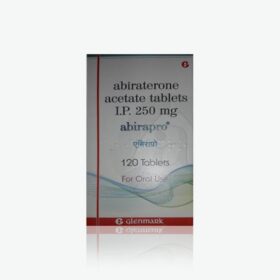
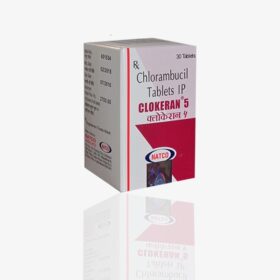
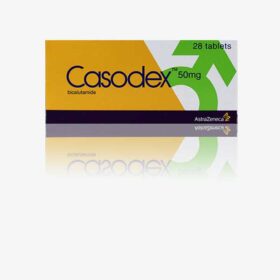
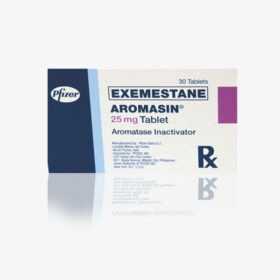
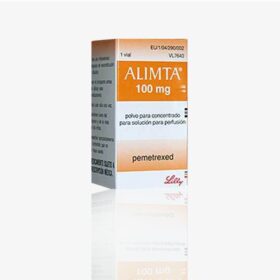
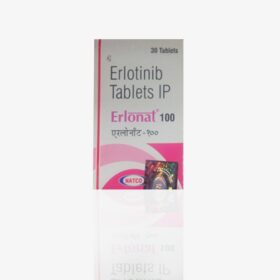
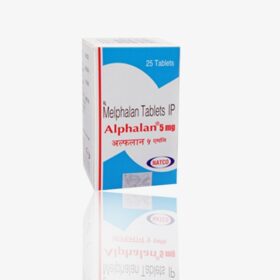
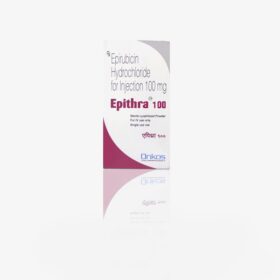



Reviews
There are no reviews yet.